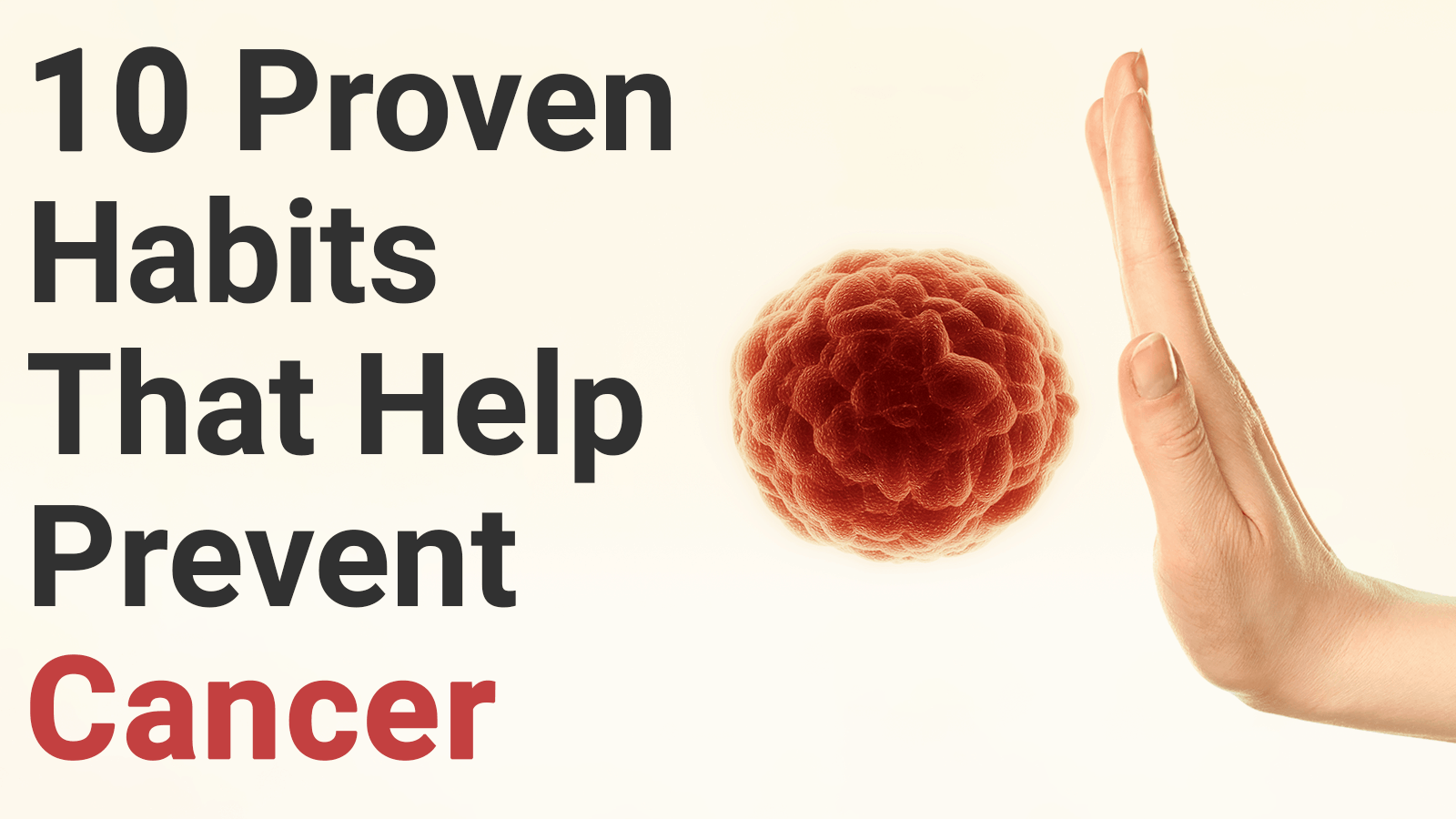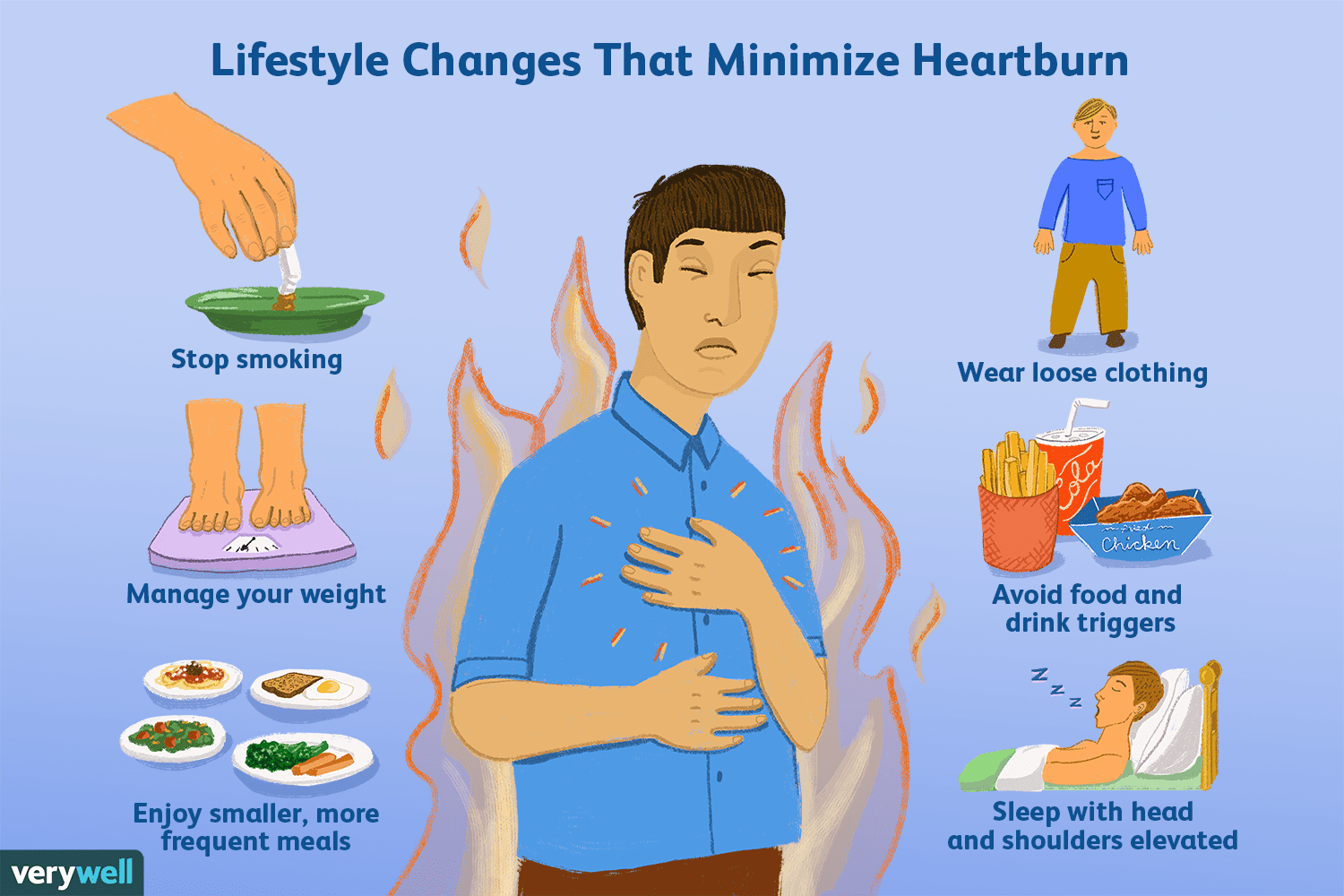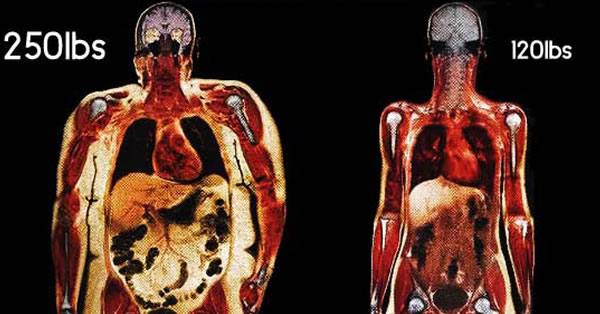
Reno, NV - Cancer, the uncontrolled growth and spread of abnormal cells in the body, is not one single disease but instead a group of diseases. Cancer is the second leading cause of death among Americans; causing one of every four deaths in the United States.
Some cancers, if caught in early stages need not be fatal; others spread quickly and can result in death. There are many types of cancer, but the most common types are: Breast, Colorectal, Lung, Prostate, Skin and Testicular cancers.
All cancers involve the malfunction of genes that control cell growth and cell division. That means your cell will not be able to communicate properly (similar to you trying to talk to someone that does not speak your language) and as a result there will be a lot of mis-communcation, which ultimately can lead to cancer.
There is no single cause of cancer. Instead cancer can be caused by external factors (smoking, radiation, and infectious organisms) and internal factors (inherited genes, immune conditions, etc.) While some of the causes are outside of most people�s control, other factors, like smoking, are lifestyle changes that an individual could make to improve their health.
The American Cancer Society estimates that in a single year (2004) more than 180,000 cancer deaths will be as a result of tobacco use. Research indicates that another one-third of the 563,700 cancer deaths in the same time period will be related to poor nutrition, physical inactivity, being overweight or obese, and other lifestyle factor that if changed, could have prevented the onset or spread of cancer.
Can you prevent, nay even survive cancer? According to the ACS, the 5-year relative survival rate for all cancers diagnosed between 1995 and 2000 is up by 64%.
There are some simple steps that may result in not only reducing your risk of cancer, but ultimately saving your life.
Nutrition and exercise: There is strong scientific evidence that a healthy diet, combined with regular physical activity, is not only are needed to maintain a healthful body weight but will also reduce cancer risk. Some studies have found that people eating diets high in vegetables and fruits, and low in meat and/or animal fats have reduced risk of some the most common cancers. Can not get any fresh fruits and vegetable? You are allergic to fruits and vegetables? Try nutritious supplements in form of glyconutrients.
Tobacco use cessation: Some of the most dangerous types of cancer are related to tobacco use (not only smoking cigarettes but smoking cigars or pipes, and chewing tobacco). As mentioned earlier, tobacco use has been linked to almost 200,000 deaths yearly. Quitting smoking or any tobacco habit can be incredibly difficult but will add 15 to 20 years to your life.
Protect skin: Skin cancer may not always be fatal, but it�s still incredibly prevalent. In 2004, more than 1 million cases of skin cancer were diagnosed � many could have been avoided by merely wearing sun block, hats, sun glasses, and avoiding sun tanning.
Reduce stress: It�s difficult to chart the correlation between stress and cancer. Some studies indicate that individuals that developed cancer were in particularly high stress positions in life. There are many theories that suggest that cancer is similar to an immune system disease and stress is a major factor in lowering the body�s natural immunity.
Cancer does not need to be a death sentence. There are many advances taking place every year in medicine to extend the life of cancer patients. But perhaps the greatest opportunity isn�t with treatment of the cancer, but rather the prevention of the cancer in the first place. By making a few behavioral changes to your life you can substantially reduce the risk of cancer and improve the quality of your life.




Posting Komentar
Posting Komentar